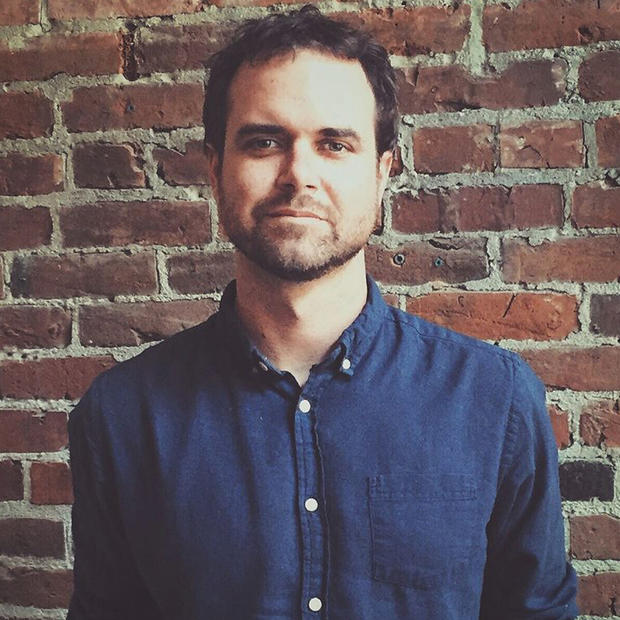Seattle-area residents pride themselves on being healthy. They're smoking fewer cigarettes, they’re hiking and biking, they’re feigning gluten allergies at restaurants. But in one category, women who live in King County are national leaders in self-abuse.
King County women rank among the top 10 percent of heavy drinkers in the United States, according to research by the Institute for Health Metrics and Evaluation, a global leader in health-related data gathering. The county is also in the top 25 percent for female binge drinking nationwide. Among local males, meanwhile, alcohol use is about average.
“Easily, the fastest increase in alcohol consumption in King County is among women,” says Ali Mokdad, a professor at the University of Washington and lead researcher behind the IHME’s data on drinking patterns. “They’re drinking more, they’re binge drinking more, and that’s alarming for a number of reasons.”

Asked to explain this phenomenon, Mokdad says that when the economy tanks, alcohol use ramps up, and data bears this out for the recent recession. He also notes the popularity of local wine and beer, and the number of good restaurants where it is tempting to indulge.
But where alcohol use among men topped out in 2011 and then started receding, women's use has continued to creep upwards.
Mokdad points to the bad influence of men. “Go back in history and look at what happened with smoking,” he says. “Men picked up the behavior first, then they peaked. Women saw it, started taking it up and catching up. It’s the same here, I think. Men peaked on binge and heavy drinking, and now they’re declining, while women are still working up to their peak.”
An informal poll of some female friends suggests another culprit: boredom.
This is likely the reason the residents of San Juan County – where islands are largely deserted when summer ends – are by far the biggest boozers in the state, according to the study. Likewise, in rural Garfield County, binge drinking is high above the state average despite (or perhaps because of) the fact they have one bar within county limits.
The female friends I consulted for this piece – particularly those still in the dating game – point to the blandness of local men, whose company is made more tolerable with a nice glass of alcohol. Or two. Or three.
“Men from this area are pretty boring, for the most part,” says Megan, who’s lived in Seattle three years, and hails from a place where natives are better at non-stilted conversations with people outside their social circles. “It’s like they’re careful to keep their guard up, and say the least interesting things possible. People here can be kind of strange.”
Does this lead her to drink more on dates and social outings? Yes, Megan says, absolutely.
She's talking about longtime Puget Sound residents. How about the recent transplants? Well, a large proportion of the younger men moving to Seattle have jobs in tech. And that brings another set of issues.
As local event consultant Annie Pardo told Dame Magazine: “I’ve lived in Seattle for seven years, single most of them. The only thing that has changed is the increase in men I’d never want to go out on a date with.”
From Anne, a friend of mine who is considering a move: “Have you ever had a date with someone, and they just sat there and discussed their philosophy about ‘teams’? Like product teams, work teams, why they’re such a good team leader at Amazon? Jesus. I mean, I think this study is onto something. I was on a date like that once. I got drunk as hell on that date.”
Boring men. They don’t factor into Mokdad’s theories on heavy female drinking in otherwise clean-living King County. But whatever the motivations may be, he says this is a problem that needs to be taken seriously.
“We’re trying to provide numbers so people act on them,” says Mokdad. “Women are not as good as men in taking care of their chronic conditions. Women have been mobilized against breast cancer, for example, but they don’t see heart disease as a problem. But cardiovascular diseases kill them more than anyone else. Life expectancy for females is declining over 20 years. If you look at what’s driving that, it’s risk behaviors like drinking.”
Despite his research and outreach, Mokdad agrees with the women I spoke with for this piece, that things will get worse before they get better. “All the ingredients for women to keep drinking more and more are there,” he says.

